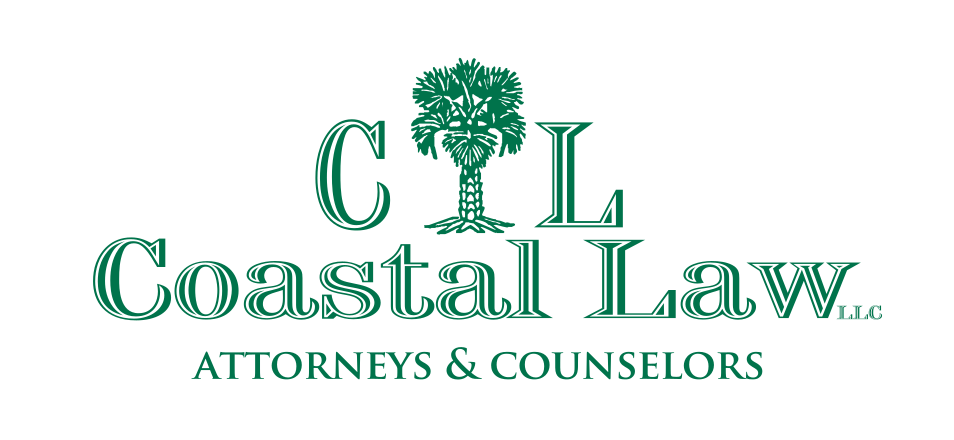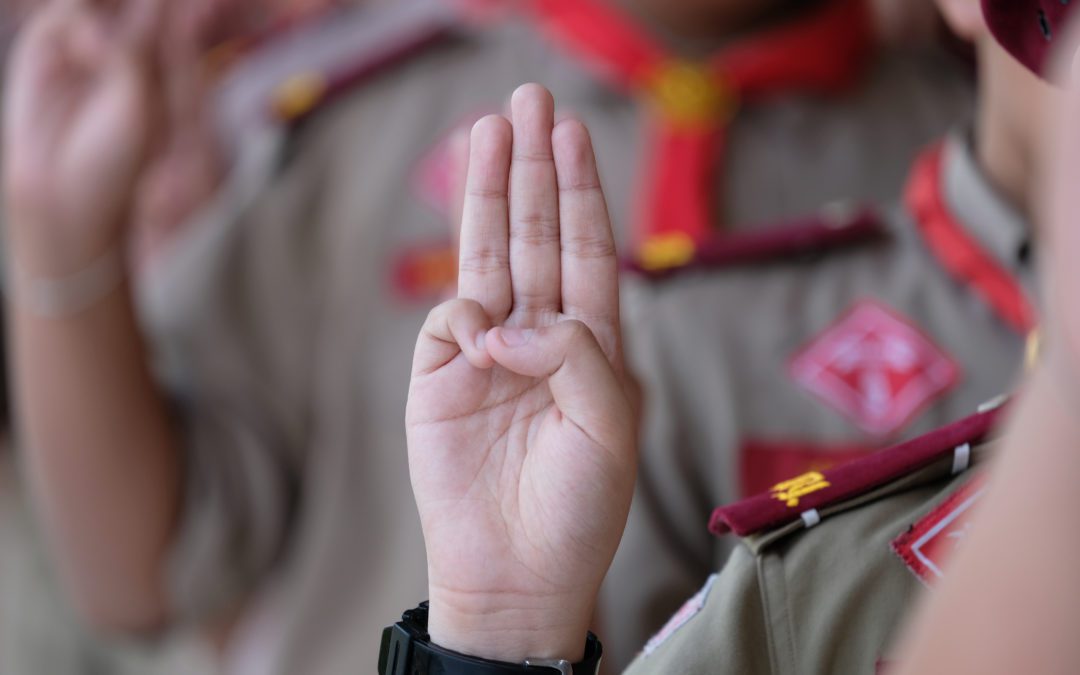Character evidence is admissible in a criminal trial, but the rules on character evidence are often misunderstood by prosecutors, defense attorneys, and judges. Can the defense introduce evidence of a defendant’s good character? Can the prosecutor introduce evidence of a defendant’s bad character?
When character evidence is admitted during trial, is the court required to give a jury instruction on character evidence and how a jury should consider it?
When is Character Evidence Admissible in a Criminal Trial?
The SC Rules of Evidence determine when character evidence is admissible in a criminal trial in SC – including evidence of a defendant’s good character, evidence of a defendant’s bad character, and evidence of a witness or victim’s good or bad character.
Character Evidence is Not Admissible to Prove the Act Charged
Rule 404 of the SC Rules of Evidence says that character evidence may be admissible, but it is not admissible to prove a defendant’s “action in conformity therewith on a particular occasion” – for example, with few exceptions, the prosecutor cannot point to a prior violent act and say, he did that, therefore he must be guilty of this.
Rule 404(b) excludes evidence of “other crimes, wrongs, or acts” when they are offered to prove a defendant’s character or “to show action in conformity therewith.”
Exceptions to the rule include situations where the prosecutor seeks to introduce the evidence of “prior bad acts” to prove:
- Motive;
- Identity;
- The existence of a common scheme or plan;
- The absence of mistake or accident; or
- Intent.
When is Good Character Evidence Admissible?
Rule 404(a) allows a defendant to introduce evidence of their own good character, and it allows the prosecution to introduce bad character evidence to rebut the defendant’s good character evidence.
Rule 405 says that character evidence must be offered in the form of testimony about the defendant’s reputation, or, in some circumstances, in the form of evidence of specific instances of the person’s conduct:
(a) Reputation or Opinion. In all cases in which evidence of character or a trait of character of a person is admissible, proof may be made by testimony as to reputation or by testimony in the form of an opinion. On cross-examination, inquiry is allowable into relevant specific instances of conduct.
(b) Specific Instances of Conduct. In cases in which character or a trait of character of a person is an essential element of a charge, claim, or defense, proof may also be made of specific instances of that person’s conduct.
When is Bad Character Evidence Admissible?
The prosecutor can offer evidence of a defendant’s bad character, but only in response to defense testimony about the defendant’s good character.
As I noted above, the prosecutor is not allowed to offer evidence of “prior bad acts” to prove a defendant’s bad character, but – they can get it in “through the back door” if they can tie the evidence to one of the exceptions listed in 404(b) – motive, identity, a common scheme or plan, the absence of mistake or accident, or the defendant’s intent.
But, if the defendant offers evidence of their good character, the prosecutor is then entitled to offer bad character evidence – not in the form of prior bad acts, but in the form of testimony about the defendant’s reputation.
The defense is also allowed to offer evidence of an alleged victim’s bad character – for example, to show that the defendant was acting in self-defense, that the defendant had a reasonable fear of the alleged victim, or that the alleged victim was the initial aggressor.
Evidence of Habit
Evidence of habit is an often overlooked and underused Rule of evidence that allows either side to prove that someone did a certain thing because, well, they always do that certain thing.
Evidence of a person’s habit is admissible under Rule 406 to prove that a person’s conduct was “in conformity with the habit,” regardless of whether the evidence is corroborated or there are eyewitnesses:
Evidence of the habit of a person or the routine practice of an organization, whether corroborated or not and regardless of the presence of eyewitnesses, is relevant to prove that the conduct of the person or organization on a particular occasion conformed with the habit or routine practice.
Impeachment of Witnesses
Under Rule 608, a witness’ credibility can be impeached with character evidence, but it is limited to evidence of the witness’ reputation for truthfulness or untruthfulness, and evidence of truthfulness is only admissible after the witness has been attacked for being untruthful.
Evidence of bias, on the other hand, is always admissible by the defendant against the state’s witnesses and is not limited to evidence of a witness’ reputation for truthfulness:
(c) Evidence of Bias. Bias, prejudice or any motive to misrepresent may be shown to impeach the witness either by examination of the witness or by evidence otherwise adduced.
Does the Court Have to Give a Jury Instruction on Character Evidence?
In Pantovich v. State, the SC Supreme Court reversed a murder conviction this month because the trial court did not give a jury instruction on character evidence.
When character evidence is introduced at trial, the defendant is entitled to an instruction from the court as to how that character evidence can be considered. The Supreme Court in Pantovich found that the trial court is not required to give the “good character alone” instruction – that “[g]ood character evidence alone may create a reasonable doubt as to the commission of the crime charged.”
But a trial court is still required to give an instruction explaining the proper use of character evidence in trial, and they approved a portion of the proposed instruction that Pantovich’s attorneys requested:
An accused, when charged with a crime, has the right of proving his general good character. He may introduce evidence of his good character which is inconsistent with the crime charged against him.
Evidence of the general good character of the accused is for the purpose of showing the improbability that the defendant would have committed the crime charged. The good character of the accused is like all other evidence in the case and is entitled to such effect and weight as you, the jury, may determine.
The opinion doesn’t say that the “good character alone” charge is improper, but it overrules prior appellate opinions that reversed convictions when the court failed to give the instruction. Attorneys can still request it and there is no reason that a judge cannot charge it. But, if the trial court refuses to give the instruction, it is not reversible error.
The opinion also does not say it is improper for the defense to argue to the jurors that good character alone can give jurors a reasonable doubt…
SC Criminal Defense Lawyers in Myrtle Beach
If you have been arrested and charged with a crime in the Myrtle Beach, SC area, call the Horry County criminal defense attorneys at Coastal Law now at (843) 488-5000 or send a message to set up a free consultation to discuss your case.


